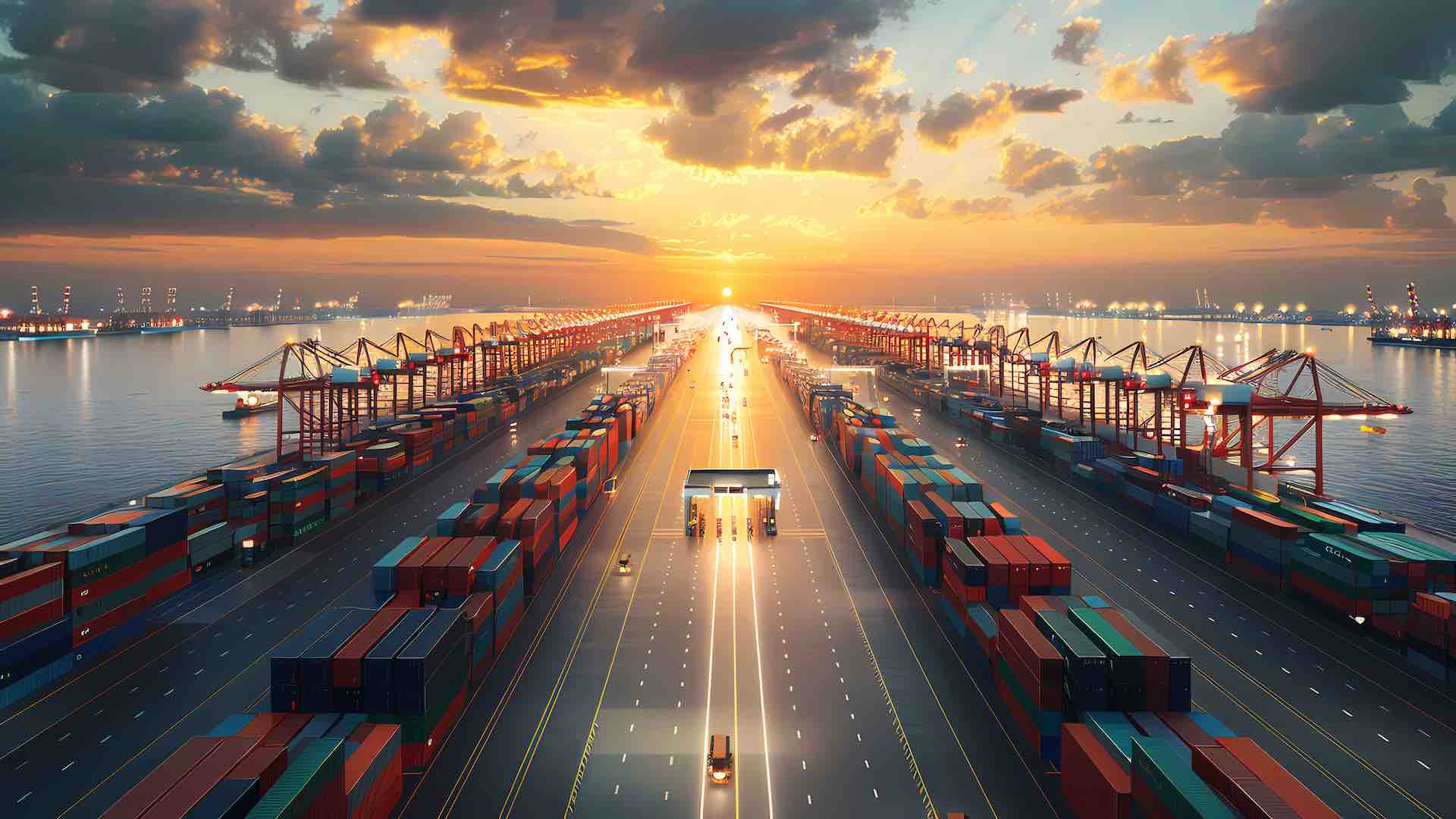MENA Newswire News Desk: The Ports, Customs, and Free Zone Corporation (PCFC) has officially launched the “Dubai Code for Ports,” a global first in maritime infrastructure. This comprehensive technical guide establishes a detailed framework of specifications and standards for port, marina, and maritime activity development, positioning Dubai at the forefront of the international maritime sector.

Sultan Ahmed bin Sulayem, Chairman of PCFC, highlighted the new code as a milestone for Dubai’s maritime industry, aimed at optimizing operational efficiency while maintaining sustainability standards. By aligning with environmental conservation goals, the Dubai Code for Ports seeks to balance industrial growth with the protection of natural resources and marine ecosystems.
Bin Sulayem reiterated that the code supports the Dubai Economic Agenda D33, an initiative to reinforce Dubai’s position as a global trade and maritime hub. “We are committed to creating a safe and efficient environment that supports global trade and reinforces Dubai’s leading position in the maritime sector locally, regionally, and internationally,” he stated, underscoring PCFC’s commitment to enhancing Dubai’s role in the international supply chain.
The new guidelines are expected to set a high standard for seamless maritime operations by promoting rigorous technical standards in port and marina infrastructure. This initiative aims to support Dubai’s expanding capacity in handling growing maritime demands, facilitating smoother trade and bolstering the maritime economy both locally and internationally.
To support the project’s development, PCFC recently conducted a strategic workshop with key maritime partners at Dubai’s Jumeirah Beach Hotel. His Excellency Nasser Al Neyadi, CEO of PCFC, underscored the importance of the Dubai Code for Ports as a forward-looking measure, positioning Dubai to accommodate rapid growth in maritime transport and infrastructure. He noted that the code is designed to meet rising demands for enhanced infrastructure in coastal areas, contributing to Dubai’s role in trade facilitation, marine tourism, and related economic activities.
Al Neyadi elaborated on the technical aspects of the project, which includes specifications for diverse areas such as soil inspection, dredging, land reclamation, island construction, water drainage, and the design of floating hotels and breakwaters. These unified standards address essential needs for maritime construction and maintenance, ensuring that Dubai’s ports and marinas operate at the highest global standards.
The Dubai Code for Ports also sets guidelines for customs warehouses, aligning operations with certified technical requirements and improving the user experience across all port activities. This unified approach aims to solidify Dubai’s standing as a premier global trade and maritime hub, contributing to both the local and international economy.
